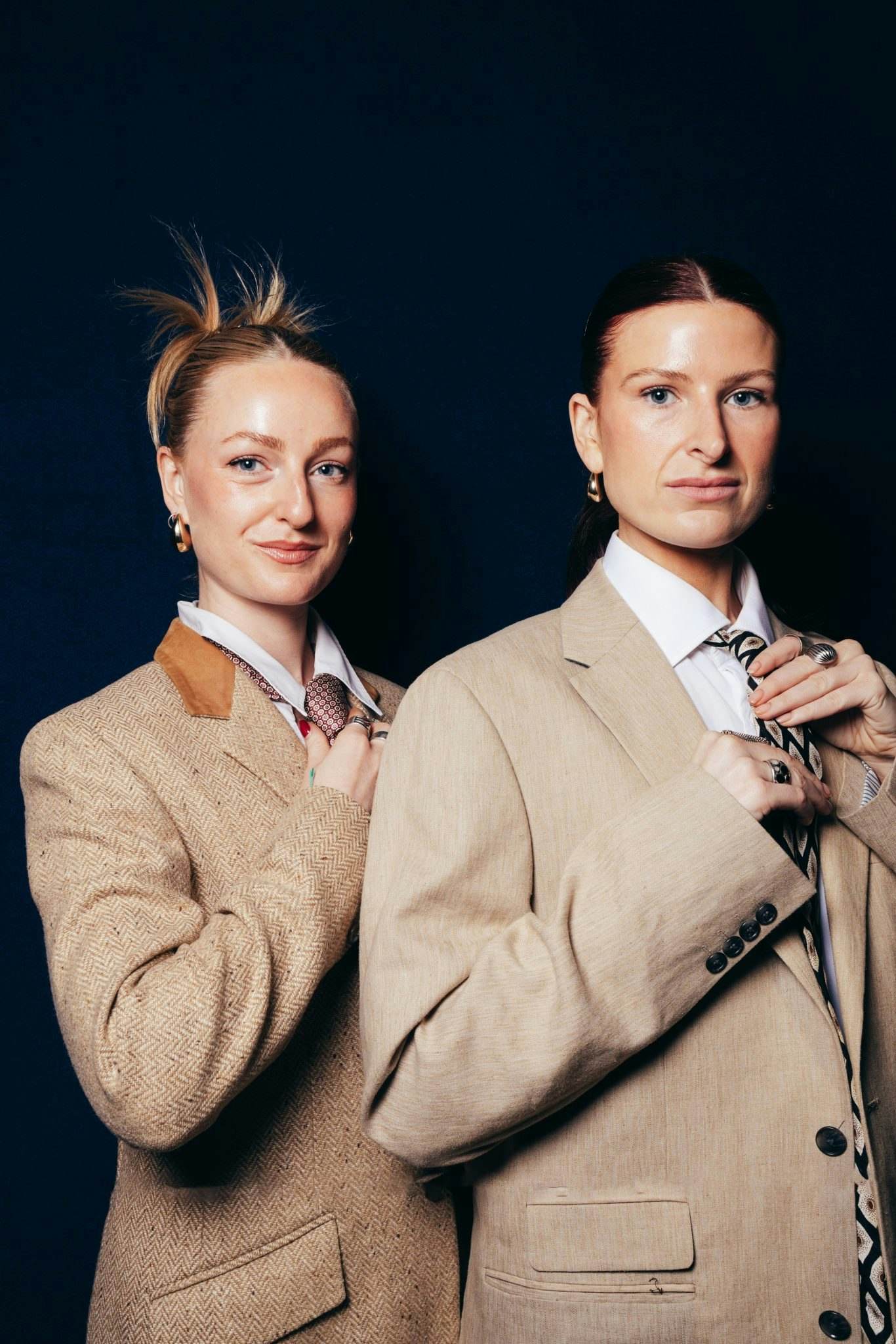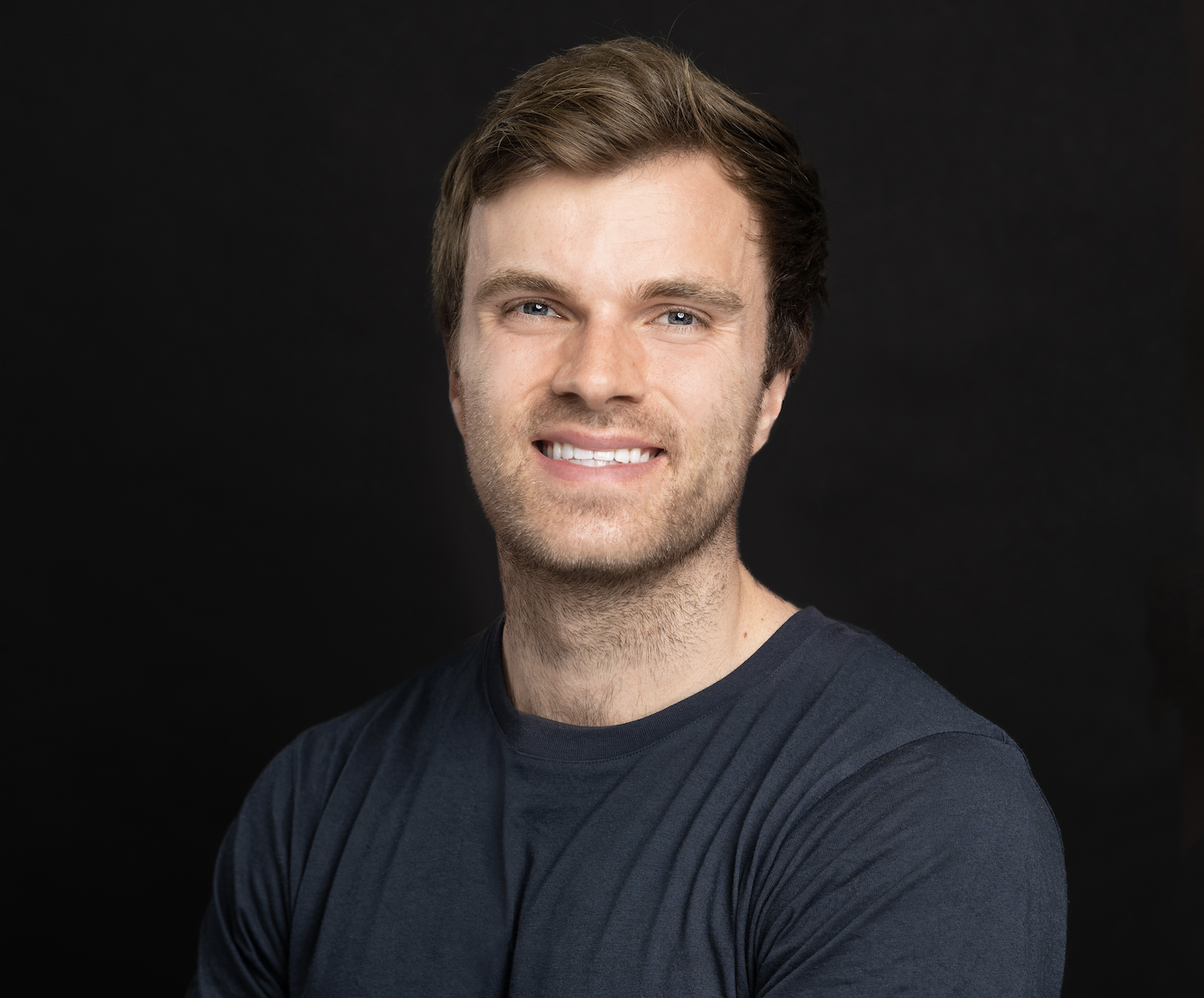From the outside, it may look like there are many different types of VC investors. Seed investors, growth-stage investors. Some are interested in fintech, others want to back consumer companies.
But after working with more than 80 venture investors across early to late-stage funds and finding roles for more than 100 candidates in venture and PE, we’ve observed a recurring pattern. We see three archetypes of venture capitalists based on what motivates them and where their core skills lie with regard to sourcing and deal-making. They are the Athlete, the Connector and the Intellectual.
The idea of categories may seem reductive, but this framework can also be liberating for investors. Given the long feedback loops and magnitude of uncertainty, many investors struggle to feel a sense of achievement in the short term. By understanding what drives you and where your superpowers lie, you can double down on these areas and find more fulfilment in the role.
Let’s dive into what each means.
The Athlete
The Athlete archetype gets the most energy from hunting deals, and ultimately winning; they are competitors with an insatiable hunger for success, with a drive to lead the most prolific deals and play in the Champions League of the industry.
Commerciality, market awareness and horsepower are the Athlete's superpowers. They have a unique ability to find deals that others may miss, allowing them to make swift, well-informed investment decisions. Speed of commitment and execution is a top priority for Athletes, as they know that timing is critical in the world of venture capital.
Despite their impressive strengths, though, the Athlete also has some blind spots. Investing a lot of energy in the chase and execution often means that they struggle to take a step back and create the time to deep dive, so their thesis development is compromised. What’s more, they may overlook people and social dynamics. Without this ability, Athletes may miss out on valuable deals or overlook potential red flags in their investments.
The Connector
The Connector archetype gets the most energy from people and is a master of building relationships. They have an incredible network and are adept at creating thoughtful collaborations and long-term partnerships. Their high emotional intelligence and people instincts allow them to read others with ease and create connections quickly. The Connector is often driven by helping founders and their impact on people and society at large.
Collaboration and relationships are the cornerstones of the Connector's success. They excel at creating and nurturing connections with founders, investors and other industry players. Their network gives them unparalleled access to information and resources, making them a valuable asset in any investment deal.
Despite these strengths, people-pleasing and knowing when to say no can sometimes be a challenge, as they value their relationships and may not want to disappoint others. This can lead to an internal struggle with getting taken seriously as an investor versus just a networker. Additionally, the Connector may not invest as much energy in developing an independent investment thesis or maintaining a rigorous approach to market coverage.
The Intellectual
And finally, the Intellectual archetype gets the most energy from knowledge development, so often possesses unique perspectives and a deep understanding of their specialism, and is constantly seeking out information to stay ahead of the curve. They excel at developing and refining their thesis and are able to quickly establish trust with others based on their depth of understanding and intellect.
The Intellectual's strength lies in their ability to make informed investment decisions with valuable information they have uncovered or new learnings. This helps them identify investment opportunities that others may miss, as they have strong conviction around opportunities in their specialist area.
The strong emphasis on knowledge gathering can mean less energy is invested in people. They may struggle to read social dynamics and connect with others on a personal level. Additionally, this archetype can be perceived as socially distant or intellectually arrogant, which others may find intimidating, and it can create friction in their relationships.
Understanding where you fit in
Of course, it's important to note that investors are not solely one archetype, and will, of course, have characteristics from each. The interesting thing for VCs is to observe which archetype is the most dominant in their character.
Understanding how firm culture fits in with individual personalities is also key here. Of course, all investors have unique experiences, skills and preferences, but a lot of early professional development is driven by a firm's expectations, culture and dominant archetype.
Michael McGraw, principal at Inovia Capital, explains this dynamic: "Many firms force-fit [junior investors] into an archetype regardless of their natural inclinations… as they might put a lot of emphasis on thesis building while others religiously track coverage. [...] Others should consider this ahead of making the jump [into VC]."
Startup operator and angel investor Mike Tefula adds: "Perhaps archetypes emerge over time, through iterative practices. For example, it could be the case that most associates start out as mostly Athletes (whether they like it or not, they must do a lot of deal sourcing!); they get to principal and then have to be a stronger Connector; and as they mature to partner they have to get more Intellectual and perhaps at that point (or on the journey there), they've tested a variety of archetypes and know where their strengths lie and where to double down."
Many firms force-fit [junior investors] into an archetype regardless of their natural inclinations
Venture investor Thomas Juvin adds: "Don’t most people start VC with one archetype and work on being well-rounded to succeed? Take as an example a junior investment banker breaking into VC. The Intellectual archetype is likely dominant at this point (something to do with the long hours spent sitting in front of a computer and building complex models...!) but she/he has to rapidly develop Connector skills to succeed in an industry where the depth and breadth of network is critical."
Similarly, a talent partner at one of Europe’s leading funds says: "We would seek to develop people in an all-rounded way. I would say in PE, the Athlete archetype is the most common and sought-after, whereas in VC you can be equally successful with any of these three superpowers."
From our coaching experience, it seems that consciously choosing one's operating mode only comes with considerable maturity, typically after at least three years in the business, and it’s a constantly evolving process. Having this awareness is key in building a fund or committing to an existing partnership for the long term.
The VC Archetype model also applies to conversations about generalist versus specialist VCs. We observe that Intellectual investors tend to be specialists whereas many Athletes and Connectors gravitate towards generalist portfolio strategies. We’ve seen significant outperformance where investors consciously combine specialist portfolio strategy with Connector or Athlete archetypes. On the flip side, firms with a generalist mandate but specialist teams (most often Intellectual archetypes) statistically drive the best fund performance.
Understanding as a path to development
Ultimately, understanding the different archetypes, their typical strengths and weaknesses is a tool for VCs looking to understand themselves at a deeper level and accelerate their development. One can also draw a roadmap — an archetype-specific career path — and take inspiration from how other VCs with similar archetypes have evolved in their careers.
Given the long feedback loops, volume of uncontrollables and (often) overwhelming intensity of the venture industry, many investors struggle to feel a sense of achievement and progress in the short term. By understanding, where you are now and how you’d like to grow, one can define short-term goals that you can control and feel a tangible shift in your fulfilment and growth trajectory.
Take our quiz, find your archetype
Want to know more? Our next article will dive deeper into the fears that VCs have but may never admit, and explore how understanding your archetypes can help overcome them.



